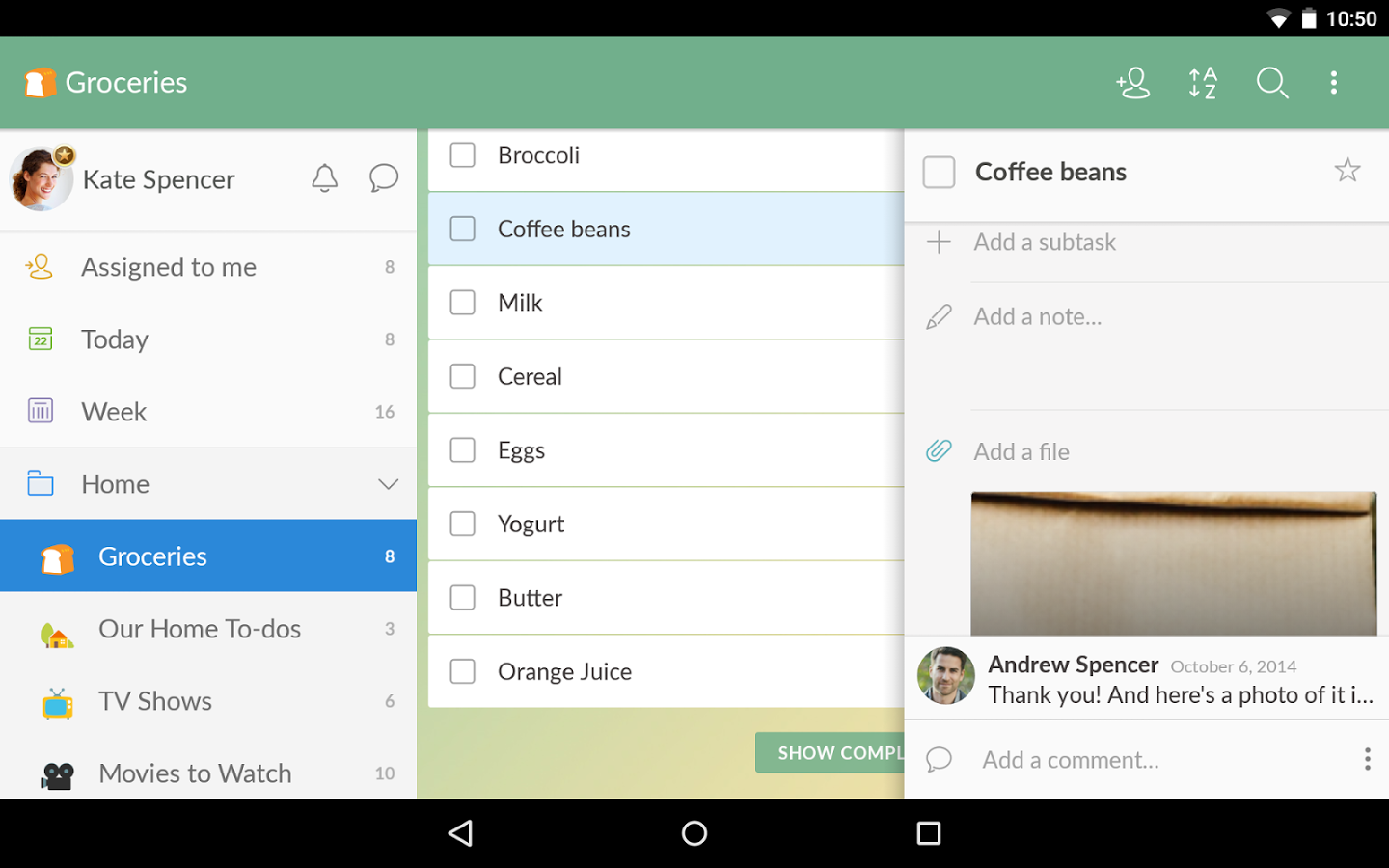Four Bad Study Habits and How to Break Them
/Studying is crucial to success in school. However, many people don’t know how to study. Or, arguably worse, they fall into bad study habits. However, there are ways to break those bad habits that we all have when studying, and here are a few tips that I have to overcome them.
Bad Study Habit #1: Procrastinating
While this is not necessarily a study habit, it is a bad habit which prohibits them from studying. Procrastination is the most common setback that high school and college students have to overcome. When it comes to breaking this habit, the best advice that I have is to just start now. If you have a test in two weeks, start now. If you have finals in a month, start now. You do not have to spend hours studying every day, but if you just start with 20 minutes a day, and then increase your study time as the test gets closer, it will prevent you from procrastinating work until the last minute. Another way I like to combat procrastination is by making to-do lists. This way, I feel more accountable for completing all of my tasks, which helps to counteract the desire to put off work.
Bad Study Habit #2: Studying With Distractions
A bad study habit that I know I am guilty of is studying with distractions Julia Cunningham
. Whether it is loud T.V. or music playing in the background or having your phone next to you while you are studying, studying with any sort of distractions is counter-productive and inefficient. Most young adults are most distracted by things like social media, television, or music. However, if you have these things around you while you are studying, it is much easier to succumb to these distractions. I recommend unplugging while studying to avoid these common distractions. Turn off your phone and T.V. or leave them in a different room while you study. Also, if you are often distracted on by your computer, but have homework that requires the use of the Internet, try using SelfControl. It is a free app that is available for Macs. How it works is you type in websites that you often get distracted by, i.e. Instagram, Twitter, Facebook, etc., and it temporarily blocks you from those websites for a specified amount of time. This allows you to completely avoid distractions, while still allowing you to use technology for homework and studying. Another approach to avoid distractions is to study in a different environment. Personally, I like to study in coffee shops, but a library or café may also be good places to study. These are places where distractions are minimal and you can really get into the zone while studying.
Bad Study Habit #3: Studying Late at Night
As a high school student, I completely understand that there are some nights where it is impossible with all of the work that you have to get a good night’s rest. However, sleep is crucial to performance in school. That is why it is important to not stay up studying late at night. Not only will it keep you from getting a proper night’s sleep, but studying late ate night also will not be productive. If you are studying super late at night when you’re tired, your brain will not be able to focus on absorbing the material. While it may seem like it is benefitting you to stay up and read your textbook or notes at 2:00 am; however, it will ultimately hurt your focus in the long run, and end up not being very successful. What I recommend is prioritizing your most important work and work with approaching deadlines first, that way you know that you will at least have your most crucial work done, and based off of when you finish that, you can decide whether sleep or work is the better use of your time. I would always recommend sleep.
Bad Study Habit #4: Over Studying/ Cramming
A final study habit that people often do not realize is bad is over studying, or cramming. I know how it is when you may have already committed bad study habit #1, procrastination, but cramming is not a useful or productive form of studying. My rule of thumb is that I study very minimally before the day of a test, as I should have already prepared myself before. However, I know this is often not realistic in high school and college, with so much work being thrown at you. If you absolutely cannot study in advance for a test, there are better alternatives than cramming. If it is the night before a test that you have not studied for, start out by reading your teacher’s lecture notes (if they provide them). Lecture notes are often a good overview of whatever topic that test is on, and likely what the test will be based on. This is something that should not take too long, and it is better than trying to read an entire textbook, which is virtually impossible, before a test. If this is all you can do, do not stress. Like I mentioned before, sleep is very important for concentration, so rather than cramming all night, cram as little as possible the day before a test, sleep well, and then at least you will have the focus and hopefully reasoning skills to tackle that test.
With these tips, I hope you can break your bad study habits, and strive for more productive and focused work. Happy studying!















